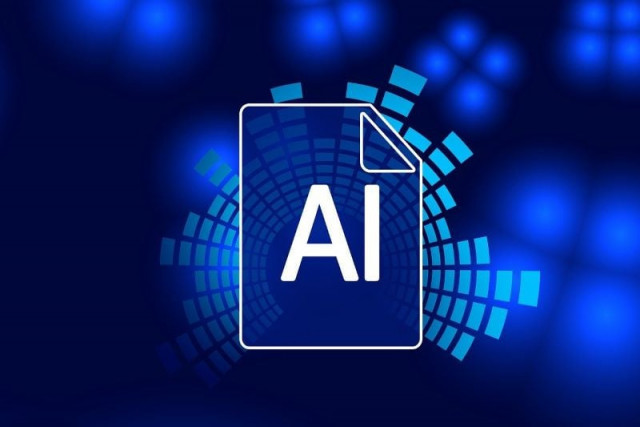Scientists train AI model to predict future illnesses
Delphi-2M AI "predicts the rates of more than 1,000 diseases"

Scientists said Wednesday that they had created an AI model able to predict medical diagnoses years in advance, building on the same technology behind consumer chatbots like ChatGPT.
Based on a patient's case history, the Delphi-2M AI "predicts the rates of more than 1,000 diseases" years into the future, the team from British, Danish, German and Swiss institutions wrote in a paper published in the journal Nature.
Researchers trained the model on data from Britain's UK Biobank -- a large-scale biomedical research database with details on about half a million participants.
Neural networks based on so-called "transformer" architecture — the "T" in "ChatGPT" — most famously tackle language-based tasks, as in the chatbot and its many imitators and competitors.
But understanding a sequence of medical diagnoses is "a bit like learning the grammar in a text," German Cancer Research Center AI expert Moritz Gerstung told journalists.
Delphi-2M "learns the patterns in healthcare data, preceding diagnoses, in which combinations they occur and in which succession", he said, enabling "very meaningful and health-relevant predictions".
Gerstung presented charts suggesting the AI could single out people at far higher or lower risk of suffering a heart attack than their age and other factors would predict.
The team verified Delphi-2M's performance by testing it against data from almost two million people in Denmark's public health database.
But Gerstung and fellow team members stressed that the Delphi-2M tool needed further testing and was not yet ready for clinical use.




















COMMENTS
Comments are moderated and generally will be posted if they are on-topic and not abusive.
For more information, please see our Comments FAQ